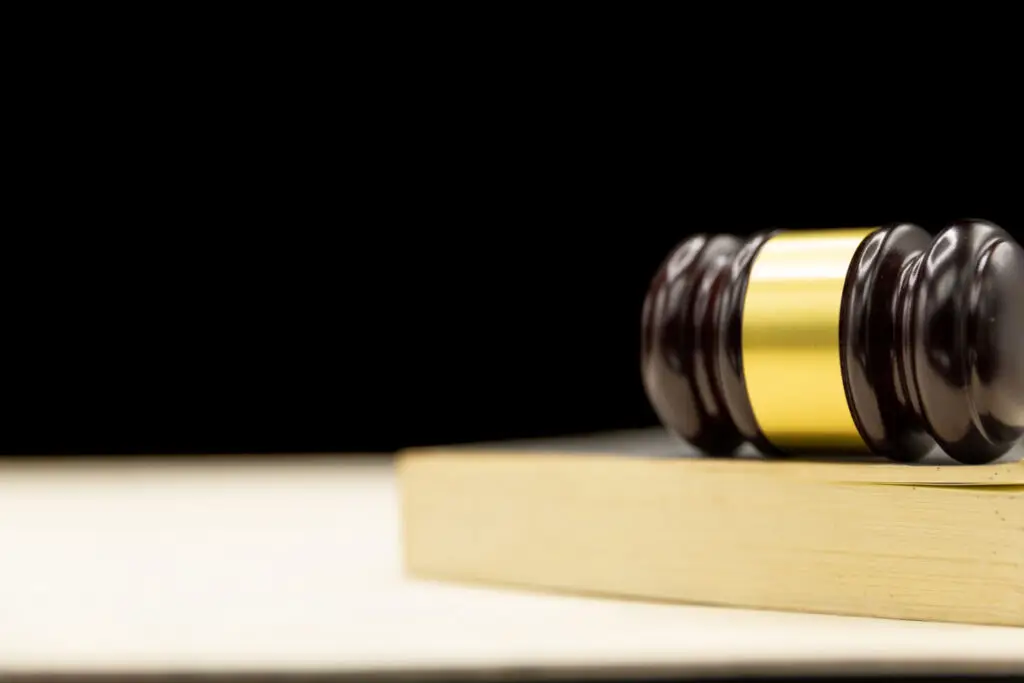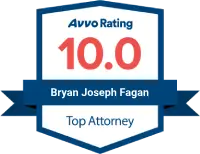Frequently Asked Questions
None - Inadequate instructions for solution?
Inadequate instructions can lead to confusion and hinder effective problem-solving. To address this, it's essential to seek clarification or additional guidance to ensure a clear understanding of the solution required.
What are the benefits of hiring a lawyer?
The benefits of hiring a lawyer include expert legal guidance, effective representation in court, and tailored strategies for your specific case. This support can significantly improve your chances of a favorable outcome during the divorce process.
How can I choose the right attorney?
Choosing the right attorney involves considering their experience, expertise in divorce law, client reviews, and communication style. Schedule consultations to assess their understanding of your unique situation and ensure they align with your needs.
What should I expect during a consultation?
During a consultation, you can expect a thorough discussion of your unique situation, guidance on the divorce process, and an overview of the legal options available to you. Our goal is to provide clarity and support tailored to your needs.
How do I prepare for my first meeting?
Preparing for your first meeting involves gathering relevant documents, outlining your concerns, and noting any questions you may have. This will help ensure a productive discussion about your divorce and legal options.
What questions should I ask my attorney?
When considering what questions to ask your attorney, focus on their experience with divorce cases, their approach to your specific situation, expected timelines, and fee structures. These inquiries will help ensure you find the right legal support for your needs.
What is the typical timeline for a case?
The typical timeline for a divorce case can vary, but it generally ranges from a few months to over a year, depending on factors such as complexity, court schedules, and whether both parties reach an agreement.
How can I ensure my rights are protected?
Ensuring your rights are protected involves seeking experienced legal representation, understanding your legal options, and actively participating in the process. Consulting with a knowledgeable attorney can help you navigate your case effectively and safeguard your interests.
What are the common defenses in criminal cases?
Common defenses in criminal cases include self-defense, alibi, insanity, mistake of fact, and lack of intent. Each defense aims to challenge the prosecution's claims and establish reasonable doubt regarding the defendant's guilt.
How does the attorney-client privilege work?
The attorney-client privilege protects the confidentiality of communications between a client and their attorney. This means that anything discussed in private is generally not admissible in court, ensuring clients can speak freely and receive honest legal advice.
What factors influence attorney fees?
The factors that influence attorney fees include the complexity of the case, the attorney's experience and reputation, the geographic location, and the amount of time required to resolve the matter.
What should I do if I cant afford a lawyer?
If you can't afford a lawyer, consider seeking legal aid services, exploring pro bono options, or consulting with a law office that offers payment plans to help manage costs while receiving the necessary legal assistance.
How can I find reviews for attorneys?
Finding reviews for attorneys can be done through various online platforms. Websites like Avvo, Google Reviews, and Yelp provide client feedback, while local bar association websites may also feature attorney ratings and reviews to help you make an informed decision.
What is the process for filing a criminal defense?
The process for filing a criminal defense involves consulting with an attorney, gathering evidence, reviewing charges, and submitting necessary legal documents to the court. This ensures a structured approach to building a strong defense case.
What are the consequences of a criminal conviction?
The consequences of a criminal conviction can include fines, imprisonment, a criminal record, and difficulties in obtaining employment or housing. Additionally, it may affect personal relationships and lead to social stigma.
How can I appeal a criminal conviction?
The process to appeal a criminal conviction involves filing a notice of appeal, submitting a written brief outlining the legal errors in the trial, and potentially presenting oral arguments before an appellate court. It's advisable to consult with an experienced attorney to navigate this complex process effectively.
What types of evidence are used in defense cases?
The types of evidence used in defense cases include witness testimonies, physical evidence, expert opinions, documents, and digital records, all aimed at establishing reasonable doubt or disproving the prosecution's claims.
What is the role of a defense attorney?
The role of a defense attorney is to represent individuals accused of crimes, ensuring their legal rights are protected, providing guidance throughout the legal process, and advocating for the best possible outcome in their case.
How can I communicate effectively with my lawyer?
Effective communication with your lawyer involves being clear and honest about your concerns, providing all necessary information, and asking questions whenever you need clarification. Regular updates and open dialogue can also enhance your working relationship.
What happens if I miss a court date?
Missing a court date can result in serious consequences, such as a default judgment against you or a bench warrant for your arrest. It is crucial to communicate with your attorney and the court as soon as possible if you anticipate missing a scheduled appearance.
What are the steps in a criminal trial?
The steps in a criminal trial include jury selection, opening statements, presentation of evidence, witness testimonies, closing arguments, jury deliberation, and finally, the verdict. Each step is crucial in ensuring a fair trial process.
How can I prepare for my court appearance?
Preparing for your court appearance involves gathering all necessary documents, understanding your case details, and practicing your statements. Additionally, dressing appropriately and arriving early can help you feel more confident and organized.
What is the difference between a felony and misdemeanor?
The difference between a felony and a misdemeanor lies in the severity of the crime. Felonies are more serious offenses that typically result in harsher penalties, including imprisonment for over a year, while misdemeanors are less severe, often punishable by fines or shorter jail time.
What are the potential outcomes of my case?
The potential outcomes of your case can vary widely, including settlement agreements, court orders regarding asset division, child custody arrangements, or even dismissal of claims. Each outcome depends on the specifics of your situation and negotiations.
How can I get my charges reduced?
Getting your charges reduced involves negotiating with the prosecution or demonstrating mitigating circumstances. Consulting with an experienced attorney can help you explore options such as plea bargains or alternative sentencing to achieve a favorable outcome.
What should I do if I am arrested?
If you are arrested, the first step is to remain calm and exercise your right to remain silent. Politely ask for a lawyer, as having legal representation is crucial for navigating the situation effectively.
What are the rights of the accused?
The rights of the accused include the presumption of innocence, the right to a fair trial, the right to legal representation, the right to remain silent, and protection against self-incrimination. These rights ensure a just legal process.
How can I expunge my criminal record?
Expunging your criminal record involves filing a petition with the court to have your record sealed or destroyed. It’s essential to meet eligibility criteria and follow specific legal procedures, often requiring assistance from an experienced attorney.
What is the importance of legal representation?
The importance of legal representation lies in its ability to provide expert guidance and advocacy during complex legal processes, ensuring that your rights are protected and that you receive fair treatment throughout your divorce proceedings.
What should I know about plea bargains?
Plea bargains are agreements between the defendant and the prosecution where the defendant pleads guilty to a lesser charge in exchange for a reduced sentence or dropped charges. Understanding the implications and potential outcomes is crucial before agreeing to one.





